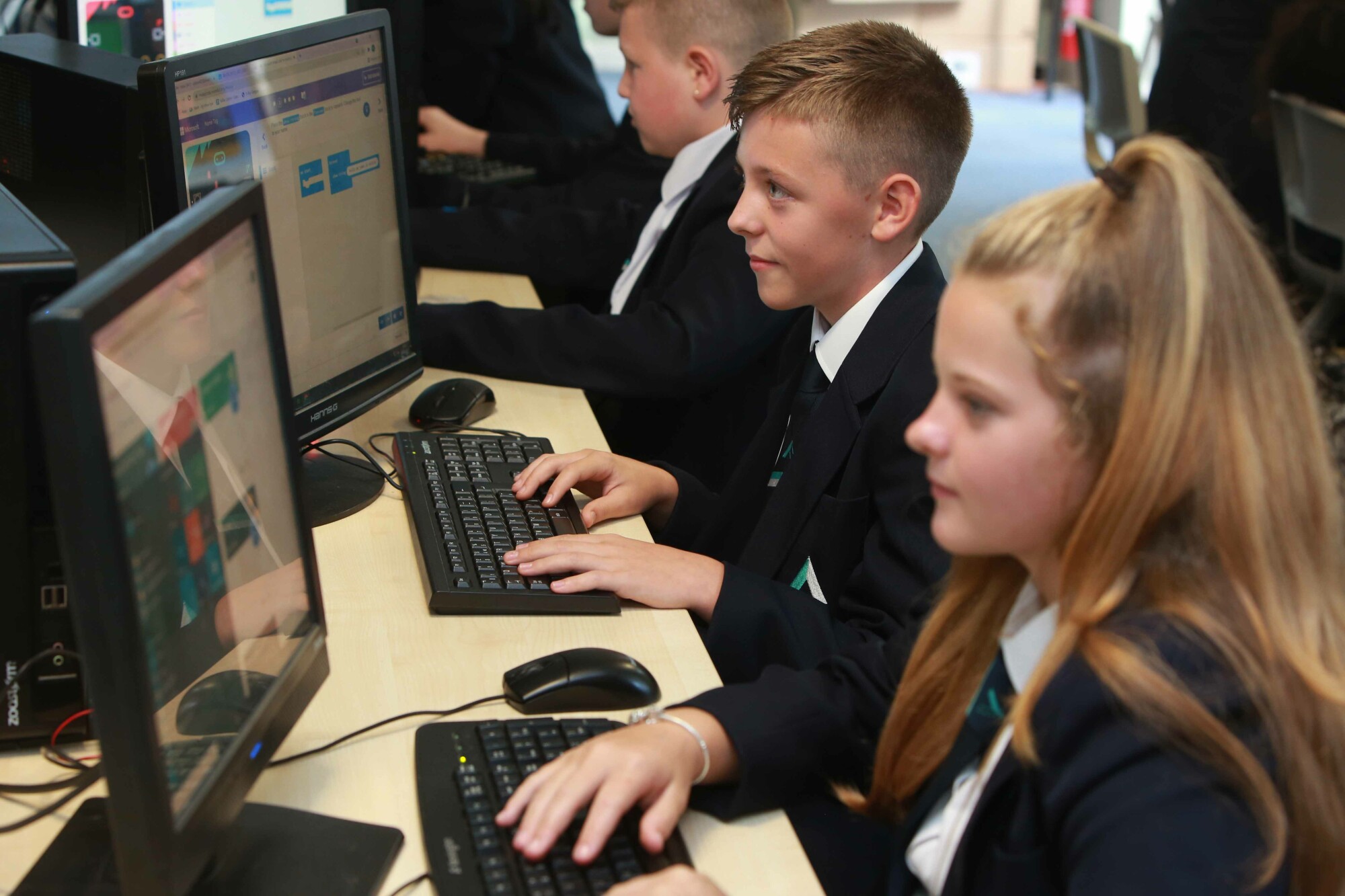The Pearson BTEC Level 1/Level 2 Tech Award in Digital Information Technology , is for learners who want to acquire technical knowledge and technical skills through vocational contexts by studying the knowledge, understanding and skills related to data management, data interpretation, data presentation and data protection.
What does the qualification cover?
The Award gives learners the opportunity to develop sector-specific knowledge and skills in a practical learning environment. The main focus is on four areas of equal importance, which cover the:
• development of key skills that prove your aptitude in digital information technology, such as project planning, designing and creating user interfaces, creating dashboards to present and interpret data
• process that underpins effective ways of working in digital information technology, such as project planning, the iterative design process, cyber security, virtual teams, legal and ethical codes of conduct
• attitudes that are considered most important in digital information technology, including personal management and communication
• knowledge that underpins effective use of skills, process and attitudes in the sector such as how different user interfaces meet user needs, how organisations collect and use data to make decisions, virtual workplaces, cyber security and legal and ethical issues.
How is the qualification assessed?
There are three components, two of which are internally assessed and each with 30% of the total marks and an external assessment worth 40%.
What can the qualification lead to?
Study of the qualification as part of Key Stage 4 learning will help learners to make more informed choices for further learning, either generally or in this sector. The choices that learners can make post-16 will depend on their overall level of attainment and their performance in the qualification.
Learners who generally achieve at Level 2 across their Key Stage 4 learning might consider progression to:
• A Levels as preparation for entry to higher education in a range of subjects
• study of a vocational qualification at Level 3, such as a BTEC National in IT, which prepares learners to enter employment or apprenticeships, or to move on to higher education by studying a degree in the digital sector.


